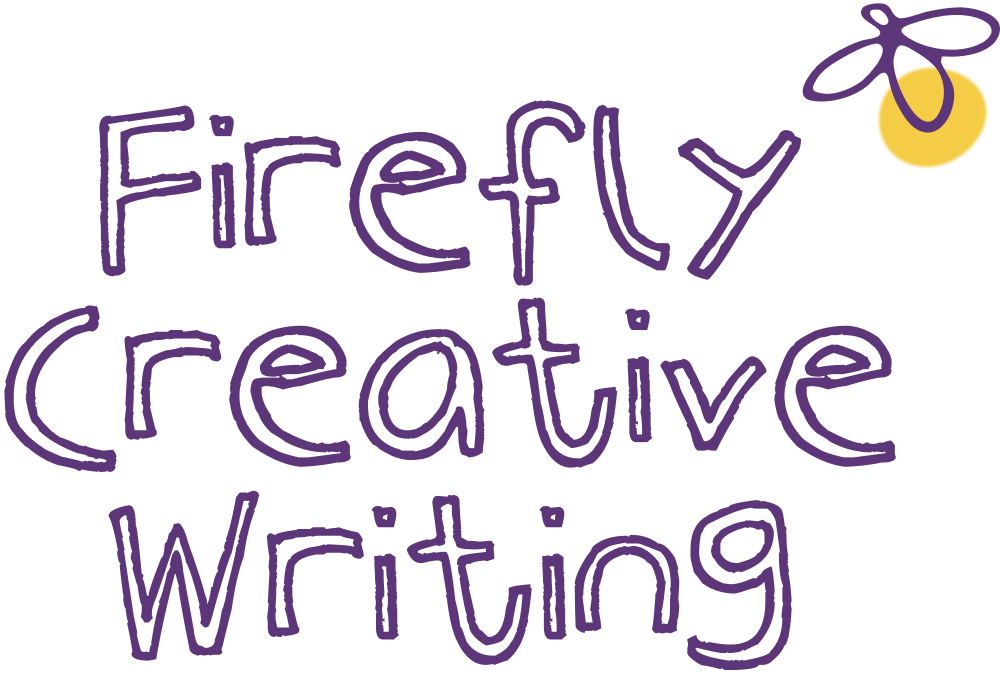Decolonizing “finishing” and changing my name — a note from Mari.
You can listen to this newsletter instead of reading it. Click the long black rectangle above these words.
Hi hi, Mari here!
(Yes, I used to go by “Mary,” more on that in a moment…)
A while ago, my The Big One group and I were talking about the shame and discouragement we sometimes feel when the inspiration isn’t flowing. One of my participants said:
“This conversation is making me realize that the problem isn’t me — it’s writing!”
I was like — Yes! The problem isn’t us. The mountain we are climbing isn’t us. This slog is familiar to all of us who are called to write.
Of course, we all have different versions of it. Our summits are as unique and varied as our stories. But at some point in the creative process, everyone will feel that uphill climb. It’s not unique, it’s not a problem to solve, it’s just part of it.
I was feeling that shame all year about my Young Adult Fantasy novel.
I wrote a newsletter in the fall of 2020 about taking a deliberate break from that project. Truth is, when it came time to get back to it, something was off. After months of wrestling, trying to get up that mountain in so many ways, I made the decision to stop.
If it had been a paper copy, I would have bound it up in craft paper, tied it with jute, and tucked it under my bed in a box. The digital version of that was just to unstar this file from my Google drive. It was a sad moment. On the one hand, I was relieved that I wasn’t going to have this mountain looming over me. On the other, I didn’t want to let it go.
Then I started to think — what would it mean to decolonize “finishing”?
The Firefly team recently had an amazing training session with Ronan Sadler where we dove into Craft in the Real World by Matthew Salesses. We spent a long time in the questions: How can we decolonize our writing spaces and practices? Where are values and systems of colonialism still showing up?
This nudged something loose in me. What if I chose to be “done” with my project even if it didn’t fit into the colonial concept of “done,” which usually means polished, complete, and published?
It felt extremely vulnerable to admit I was a different kind of done. Had I wasted my time and energy for the past 8 years? What was the point if not reaching the zenith?
The truth is, I don’t want to keep climbing this mountain.
I started off eager and excited. I reached a few beautiful summits. But things changed, and I don’t feel the need to reach this peak anymore.
When people ask me what I’m working on, it’s hard not to say “a YA fantasy novel.” That was part of my identity for so long. But there’s something grounding and honest about doing what I’m doing now — writing 100-word stories about my life. It’s a deeper, truer piece of my identity. It feels like me.
Which leads me to an update. I’ve changed my name.
I’m now going by Mari (rhymes with safari).
There are many reasons for this, all connected to reclaiming the identity and culture and name I was born with.
My birth certificate shows me as “Mariangel,” but my family always wrote it as “Maryangel,” so when we moved to Canada, the short form became Mary.
But “Mary” doesn’t feel true to me, and it never did, so I’m taking the plunge and changing it back. I’ve filled out all the forms to change my legal name to Mari.
I never thought that at my age I’d be on a journey of self-discovery.
I couldn’t have imagined that I’d be changing my name or that it would feel like such a coming home to myself. But here I am, in the creative process called life. It’s about words, and it’s about so much more than words.
As writing teacher Caryn Mirriam-Goldberg wrote, “The inner world is always, by its nature, at every moment, for one’s entire life, new territory.”
As writers, aren’t we always excavating parts of ourselves?
I think we are. And we use words to do that.
Whether those words are novels, poems on napkins, text messages, or 100-word stories, we’re always at it.
Here’s to coming home to ourselves,


